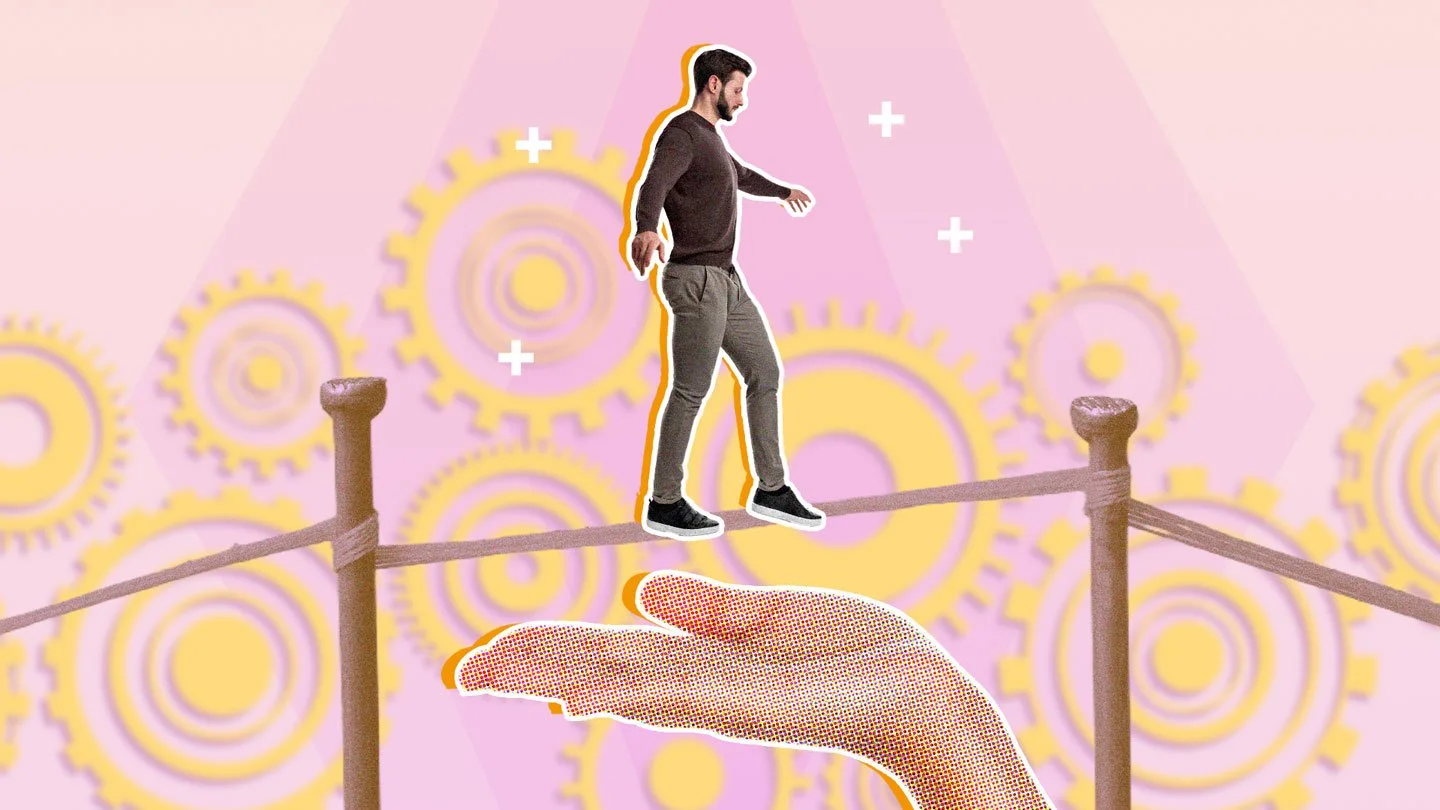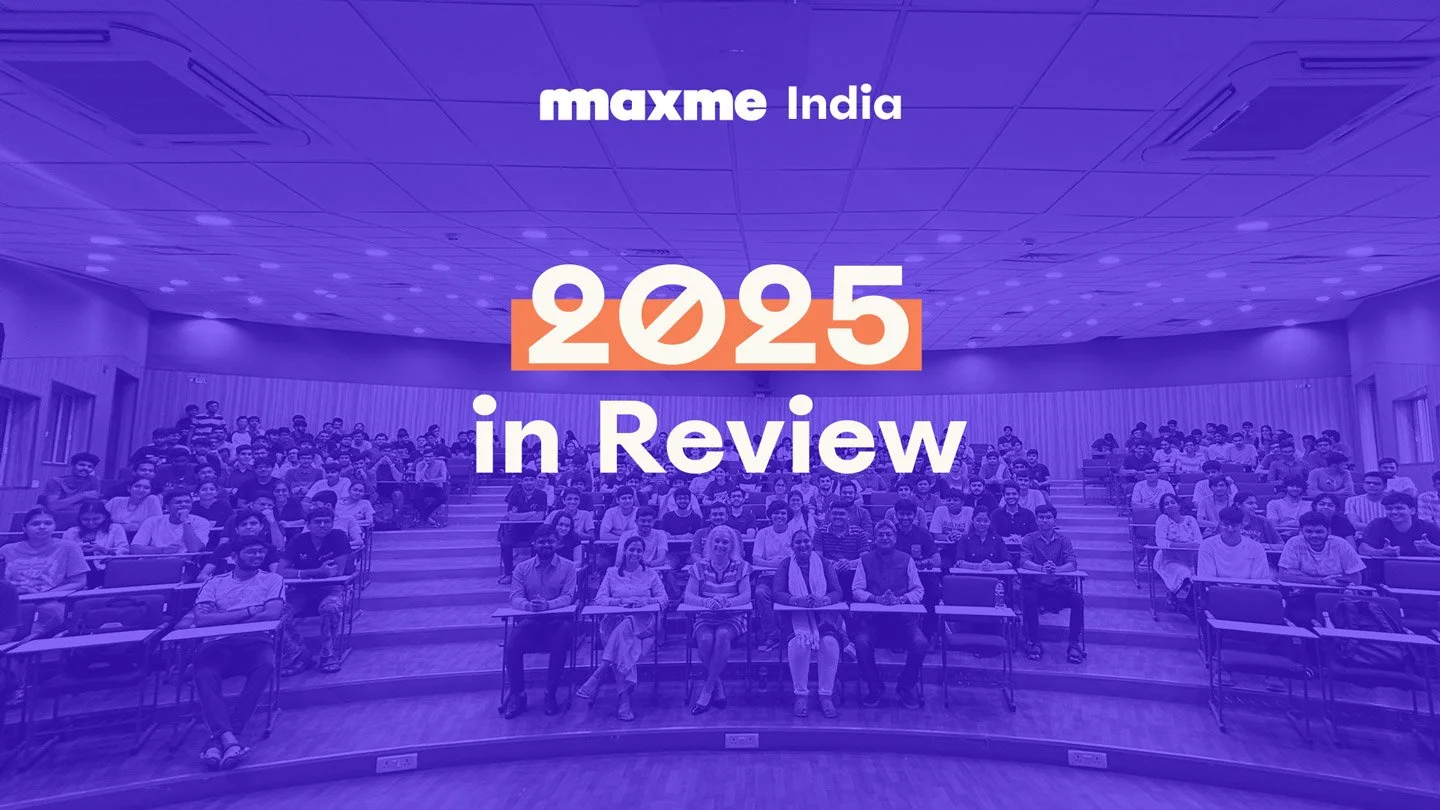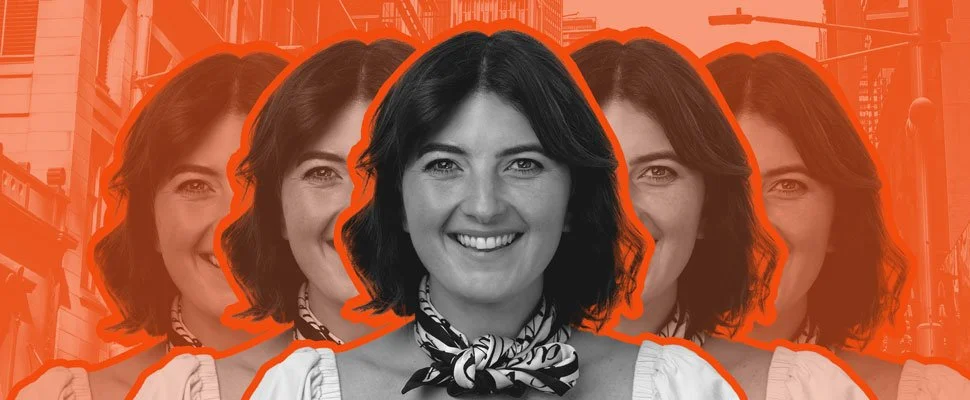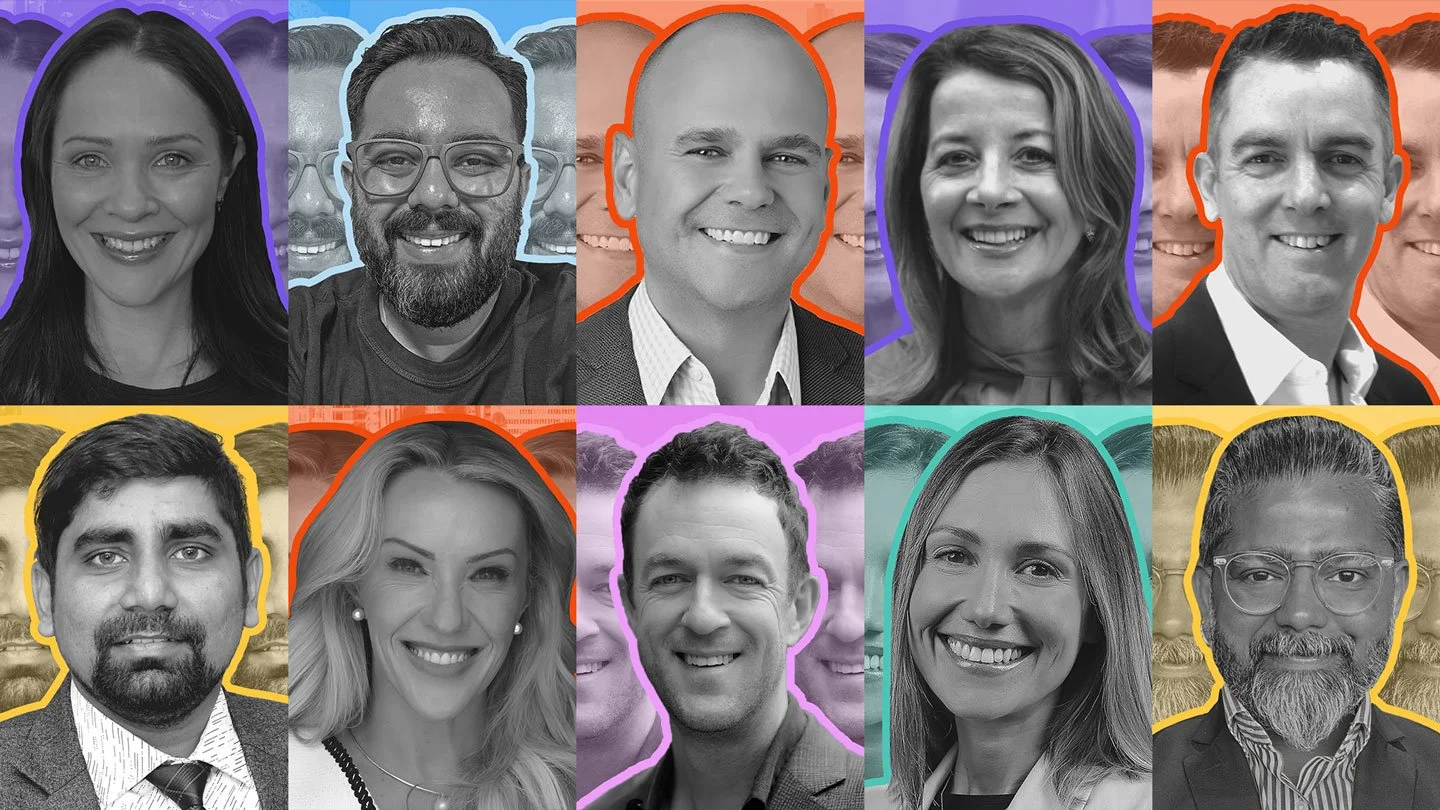Human on the Inside with ReithGordon’s Sarah Gordon
We’re big believers in the power of human skills. But don’t just take our word for it - the evidence for excellence powered by human (‘soft’) skills is everywhere! In this engaging, ever-enlightening series, we speak with industry leaders, innovators and game-changers to learn a little about their personal career journeys, and how human-led strategies, philosophies and cultures are proving a force for good in their working worlds …
Maxme: Welcome Sarah, and thanks for stepping into the #SuccessIsHuman Spotlight!
You’re the Co-Founder & Partner at ReithGordon, an executive search and recruitment firm you established in early 2021 with a focus on corporate affairs, communications, government relations and investor relations.
In 1 sentence (ok, we’ll give you 3), what does this role entail?
Sarah Gordon: Along with my good friend and co-founder, Olivia Reith, I help organisations to find and attract the best corporate affairs, communications, government relations and investor relations talent. I also help people working in these disciplines to grow their careers by bringing them opportunities that match their aspirations and align with their values.
M: Whilst you established your own Firm only 2.5 years ago, your career is of course much deeper. Extending to the worlds of PR, media relations, corporate affairs and executive search and recruitment, since 2005 you’ve held tenures at the likes of Media Moguls, Australia Post, Melbourne Cricket Club, Nightingale Communications & Temple Executive Search.
SG: The opportunity to help people has always been a driver – whether that be helping to solve critical reputational issues as a communications practitioner, finding great people for our clients, or supporting people as they build and evolve their careers as a recruiter.
I also love being part of a close-knit team, and am incredibly fortunate to have a wonderful teammate and confidant in Olivia. We work hard but we also have a lot of fun.
M: Tell us a little about your personal education pathway/s - what led you to where you are now? How closely do your formal qualifications match your current career?
SG: Like many recruiters, a career in recruitment and executive search wasn’t something I’d planned. Growing up in a family of journalists I knew early on I wanted to work in media and communications, so when I finished school I studied a Bachelor of Arts (Media and Communications) and Bachelor of Commerce (Marketing and Management).
From the day I set foot in my first job out of university – in the Corporate Affairs team at Australia Post – I was hooked. I loved the fast pace, the breadth of issues, the teamwork and camaraderie, and the opportunity to build lasting relationships with a broad range of people.
Since then, I’ve been lucky enough to work in communications roles in-house, and as a consultant advising across a range of industries on a variety of corporate, financial and crisis communications briefs.
While I loved my time working in comms, I’d always been fascinated by the world of recruitment and search, and am a natural relationship builder. When the opportunity came up to transition from working in communications to recruiting communications roles, I thought I’d give it a go. I’d also just lost my Dad in tragic circumstances, so was of the view that life is too short not to take risks and try new things.
Three years later ReithGordon was born. There is no doubt the experience and networks I gained over many years as a communications practitioner have been critical to my success as a recruiter. This includes capabilities such as supporting and advising senior leaders, understanding reputational risk, having a multi-stakeholder lens, commercial acumen, curiosity, creative thinking, problem solving, thinking ahead and understanding the big picture. Stakeholder management and emotional intelligence are also key!
It's a privilege and very rewarding to act as a trusted advisor to our clients and candidates. Having worked in the roles we recruit, we have a deep understanding of our specialism but are also constantly thinking about what our clients are going to need now, and in the future, and how corporate affairs and communications functions will evolve.
M: If you could share one piece of career advice to your 21 year old self it would be ...
SG: Don’t sweat the small stuff – I now ask myself is this something I’m going to be agonising over in 6 to 12 months’ time? If the answer is no, then it’s not worth the emotional investment!
M: Maximising the potential of individuals, communities and businesses through the power of human skills is the reason Maxme exists. Can you tell us a little about the role and / or value of human skills in your workplace right now?
SG: Human skills are everything in recruitment, in fact one of ReithGordon’s five values is to Be Human!
In a digital world we think this is incredibly important. You cannot build trusted relationships with your clients and candidates without them. The ability to be collaborative, to listen, to be open-minded, to adapt and flex, to be honest and respectful, to be curious and ask questions, to think outside the box, to be accountable, to bring energy, tenacity and courage… these are just some of the many critical skills that make a good recruiter.
M: Self Awareness sets the critical foundation for all Maxme learning experiences. With that said … what’s your strongest trait / personal super power?
SG: I would say bringing energy and positivity – no matter what might be going on behind the scenes, I always try to bring my best self. I’ve also always been a connector of people. From a young age I got a kick out of introducing like-minded people and watching the relationships grow.
M: And on the flip side, what’s one human / ‘soft’ skill you’ve had to really work on improving over the course of your career?
SG: Building confidence in my ability to speak publicly or present in front of a large group is something I’ve had to actively work on. Early in my career at Australia Post I had some terrific managers who backed me to do live media interviews as a spokesperson for the company. As terrifying as those experiences were, there is no doubt they were formative to my development. I’ve also learnt that I present best when I’m overly prepared – I’m not one to go into a situation where I have to present with the mindset of winging it. Preparation is key for me!
M: If you could share one piece of career advice with recent Uni graduates or candidates keen to work at a company like ReithGordon, what would it be?
SG: Take up every opportunity to learn. COVID has clearly changed the way we work with hybrid now the norm, but I don’t think you can underestimate the value of learning by observation in an office environment. Whether that be observing the way a leader tackles a difficult conversation or the incidental conversations that take place in the lift or in the queue for coffee – these experiences are gold.
M: You’ve been granted approval to add one University graduate to your team, but have 100 applicants, all with outstanding academic results. How do you find your perfect candidate - what are you looking for?
SG: Curiosity, a hunger to learn, good energy and demonstrating an interest in the external environment. A good test is what sort of questions they ask and do they come prepared having done their research. Asking graduates how they consume their news is also an effective way of determining their willingness to read and listen widely.
M: In the words of John Dewey, “education is not preparation for life, education is life itself.” What’s next on your #learning agenda?
SG: So often our candidates are required to do personality and cognitive testing so Olivia and I are keen to put ourselves to the test and undertake Hogan testing before the end of the year. Hopefully the results will give us a better understanding of our profiles and how we can better complement each other.
To start developing your human skills today, simply download the Hodie app, or explore Maxme’s menu of human skills programs for organisations or schools.
Prefer to talk through your options? Contact us at any time.









